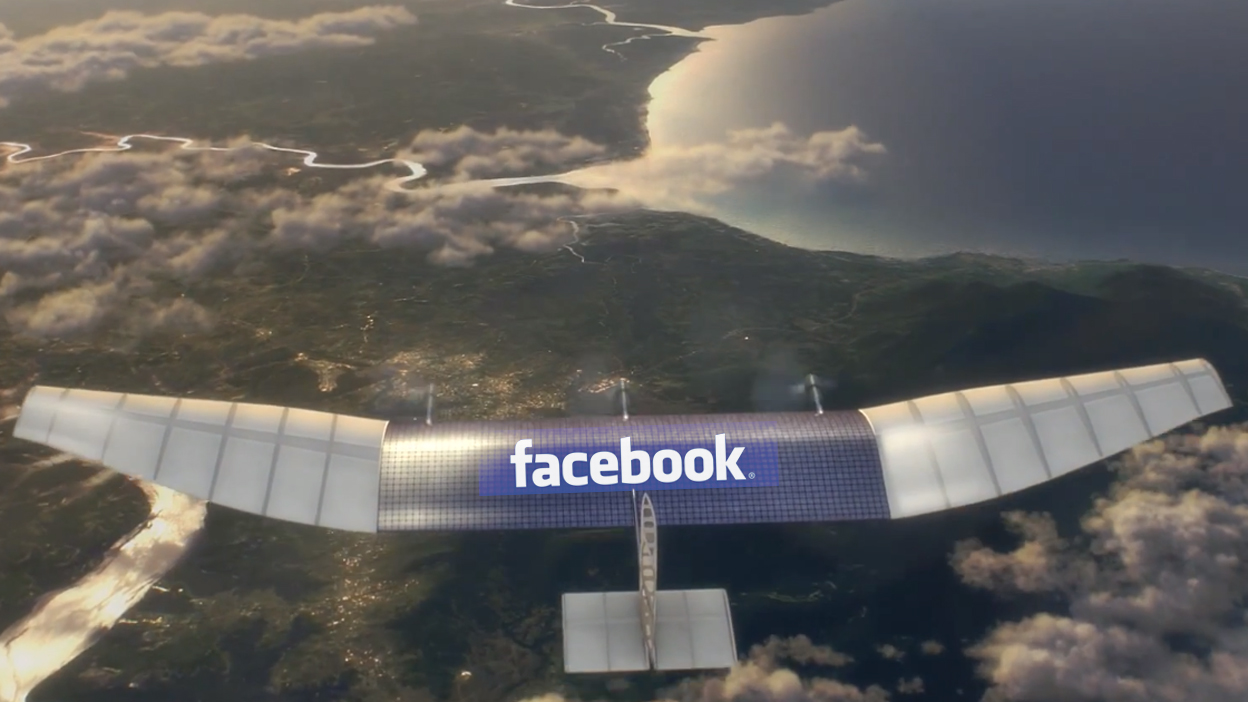People are unhappy with Facebook's plan for free internet, but why?
Questions to be answered

Poor Mark Zuckerberg - all he wanted to do was bring internet connectivity to the people of the world that didn't have it, and sign them up for Facebook at the same time - but the protests against his plans are getting louder and more vehement.
A new open letter and petition says the project "violates the principles of net neutrality, threatening freedom of expression, equality of opportunity, security, privacy, and innovation". Ouch.
One of the problems is that Internet.org provides access to a limited number of whitelisted sites rather than the web as a whole. That means new users connecting in developing nations won't have access to the full breadth of the web.
A not-so-level playing field
Another sticking point is the 'zero rating' plan, where some sites can be used for free without it counting against a user's data plan. This makes it easier for poorer communities to access portals like Wikipedia but essentially promotes certain sites above others, which is contradictory to net neutrality principles.
Security and privacy are two other concerns mentioned in the open letter: will data be collected on the millions of new users coming online? And will they be aware of the information they're giving up? These are the questions Facebook is being asked to answer.
67 rights groups have put their names to the petition up until now. In a response sent to the BBC, Facebook said the aim was to get people online for free before giving them access to the wider web once they've seen the benefits it could bring.
Sign up for breaking news, reviews, opinion, top tech deals, and more.

Dave is a freelance tech journalist who has been writing about gadgets, apps and the web for more than two decades. Based out of Stockport, England, on TechRadar you'll find him covering news, features and reviews, particularly for phones, tablets and wearables. Working to ensure our breaking news coverage is the best in the business over weekends, David also has bylines at Gizmodo, T3, PopSci and a few other places besides, as well as being many years editing the likes of PC Explorer and The Hardware Handbook.